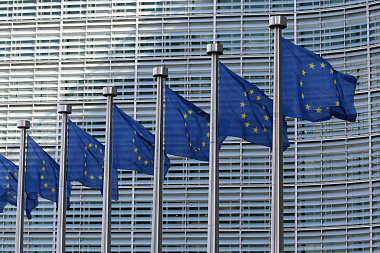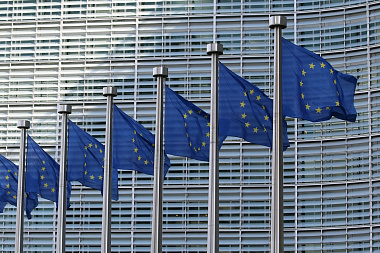New “special” profits tax rate: 35% instead of 25%
Draft law No.Under the draft law, the new rules cover both Russian and foreign legal entities engaged in activities in Russia using trademarks from a special register of departed brands, which is expected to be created as part of another draft law (discussed below). Draft law No.
Furthermore, additional tax restrictions are proposed to be introduced for companies using trademarks from the register. These include in particular, a prohibition on taking advantage of preferential tax regimes (e.g., the simplified tax system), and the denial of respective royalty expenses for corporate profits tax purposes.
Creating a register of “departed brands”
The second draft law proposes that amendments should be made to the law “On the Fundamentals of State Regulation of Trade Activities in the Russian Federation.” Such draft law provides for creating a public register of trademarks and brand names of foreign companies that have ceased their activities in Russia.The draft law in question introduces a new chapter 4.1 to the Federal Law “On the Fundamentals of State Regulation of Trade Activities in the Russian Federation,” which establishes the legal status, the procedure for maintaining and the consequences of foreign trademarks and brand names being included in the register.
The grounds for inclusion are as follows:
- the right-holder or other legal entity that was conducting business activities using this qualifying IP in Russia has ceased such activities due to the imposition of economic sanctions, or the adoption of other restrictive measures by an “unfriendly” foreign state;
- the qualifying IP was used in the Russian Federation at the time of the imposition of sanctions and restrictions or was utilised as of 24 February 2022.
The register is proposed to be compiled by the Government of the Russian Federation. Relevant trademarks will be included on it on the basis of proposals of the federal executive body authorised in the field of trade and industrial policy, together with the Chamber of Commerce and Industry of the Russian Federation.
Comments and implications
The adoption of these draft laws may entail a number of serious negative implications for businesses. First of all, Russian companies will face an increase of the tax burden: the profits tax rate will rise to 35%, while it is proposed that the tax deduction of royalty amounts should be disallowed. In addition, based on general rules, if a Russian company continues to pay such royalties to foreign right-holders (licensors), such payments will be subject to Russian withholding tax at the basic rate of 25%, unless otherwise provided by an international double tax treaty.Further, from a practical standpoint, the adoption of the draft laws in question may entail significant additional administration costs for businesses, in particular, those for the organisation of the system of goods record keeping, cost allocation and separate “profit baskets” calculation.
Many experts note that at the current stage the draft laws seem poorly worded and raise a number of questions of both a legal and practical nature. A particular criticism concerns the fact that the tax draft law provides for an increased profits tax rate, but does not contain a statutory procedure for determining the tax base from the sale of different categories of goods and paying the relevant tax, which creates legal uncertainty and hinders the discharge of the tax liability.
As the Constitutional Court of the Russian Federation has repeatedly pointed outResolutions No.
The absence, in the draft law, of rules regulating the procedure for splitting the tax base and paying the tax on the sale of goods of different brands indicates a “gap” in legal regulation. It appears to be a breach of the constitutional requirements of formal certainty and completeness of the tax liability elements.
Questions remain open as to what is meant by “conducting activities using trademarks,” whether this initiative applies only to official importers or also to parallel importers and downstream retailers, and many others.
We recommend following the further development of the situation; however, we do not exclude that these draft laws may join the ranks of previously introduced yet not developed initiatives concerning the regulation of royalties and taxation of cross-border payments. Such draft laws have often provoked an outcry in the professional community, but they were ultimately frozen at the stage of the first reading or rejected due to a lack of thought-out implementation arrangements and a high risk of negative consequences for businesses. At the same time, if in one or another (revised) form these draft laws are pursued further in the legislative process, businesses will need to proactively anticipate the implications of their adoption and adjust their activities to reduce unnecessary tax costs, including (if sensible) through the creation of and transition to local brands. This process is in fact already actively underway in practice, and the methods of how Russian businesses use intellectual property are being successfully transformed. The new draft laws may incentivise the movement in this direction.
The Denuo tax team has extensive experience in supporting complex international and Russian transactions involving the use of intellectual property, both at the planning stage and within the existing relationships. Our team has full expertise and all the necessary tools to devise tax-efficient structures. We are ready to assist on the above matters, assess the impact of these changes on the existing business structures and transactions, prepare the necessary (including TP) documentation, and provide support on all related taxation issues both in Russia and abroad using our access to international tax expertise.









